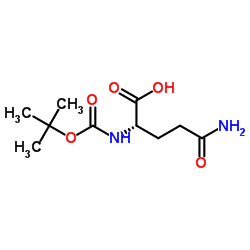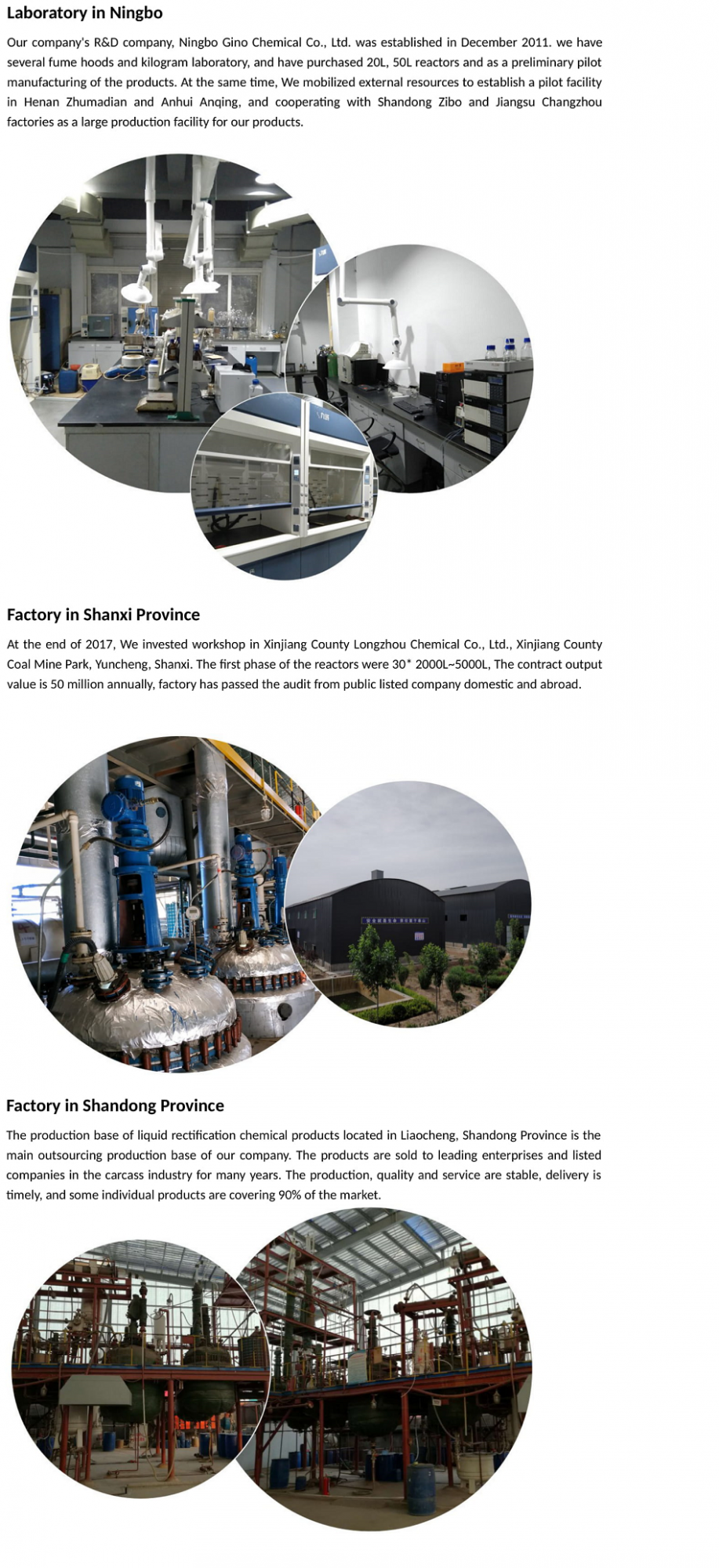
We are professional N-(tert-Butoxycarbonyl)-L-glutamine manufacturer and Nα-(tert-Butoxycarbonyl)-L-glutamine supplier in China, We offer quality BOC-GLN you can fully trust, also we have India factory and producer of N-(tert-Butoxycarbonyl)-L-glutamine,Pls send inquiry of Nα-(tert-Butoxycarbonyl)-L-glutamine CAS:13726-85-7 to info@nbinno.com if you have any interests, thank you!
Related News: Complete the research and development of APIs and intermediates, design new patented process routes, and explore new crystal forms.1353102-03-0 In addition, although the API and intermediate industries are capital-intensive and technology-intensive industries, new competitors are still joining.9-fenil-2,3'-bi-9H-carbazol CAS:1382955-10-3 In addition, although the API and intermediate industries are capital-intensive and technology-intensive industries, new competitors are still joining.(5-Bromo-2-chlorophenyl)(4-ethoxyphenyl)methanone CAS:461432-22-4 The API is not made by only one reaction from the raw materials but rather it becomes an API via several chemical compounds.European companies are the main suppliers of specialty APIs, but due to environmental and cost pressures, APIs have begun to shift to the Asian market.


